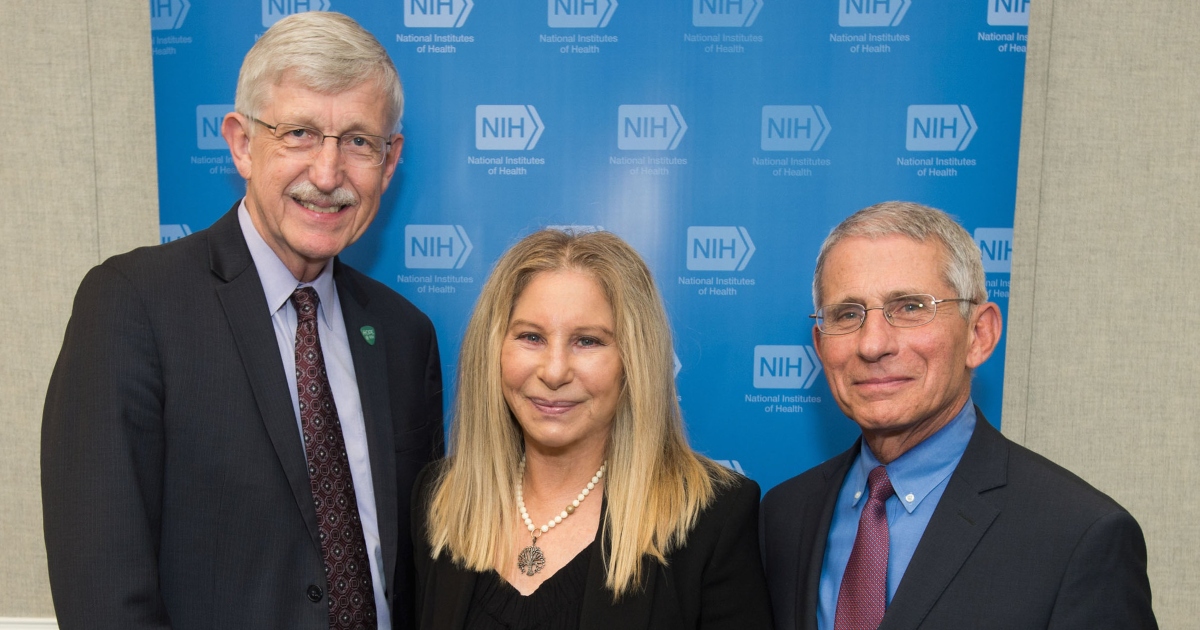Men have higher risk of heart attack earlier than women when overweight; new study finds
11/07/2017 / By Michelle Simmons

A new study finds that men are more likely to suffer from a heart attack 10 years earlier than women when overweight or obese, as reported by The Daily Mail.
The researchers from the University Heart Center in Hamburg, Germany examined nearly 80,000 people from four past research, all of which have an average age of 49. At the initial part of each of the previous studies, the participants did not suffer from atrial fibrillation, a condition that increases the risk of having a heart attack. The researchers followed the study participants for an average of 12 years.
The study, published in the journal Circulation, reveals that men suffered from atrial fibrillation about 10 years earlier before women did, which means men are at a higher risk of having the condition at the age of 50 and above. On the other hand, women’s risk of atrial fibrillation increases at the age of 60. Researchers suggest that a higher body mass index (BMI) affects men more negatively than women. It is essential that men should learn to control their weight, especially men who are overweight or obese.
The condition developed in about 24 percent of the men and women participants by age 90. Both men and women who suffer from atrial fibrillation are 3.5 times more likely to die earlier. Thus, Christina Magnussen, lead author of the study, advised that both men and women should consider losing weight. “As elevated body mass index seems to be more detrimental for men, weight control seems to be essential, particularly in overweight and obese men,” she explains.
Being overweight or obese is defined as the accumulation of excessive fat that negatively affects health. According to the World Health Organization (WHO), overweight adults have a body mass index (BMI) greater than or equal to 25, and obese adults have a BMI greater than or equal to 30.
The WHO reported that more than 1.9 billion adults were overweight, while 650 million of them were obese in 2016 worldwide. Meanwhile in the United States, the prevalence of obesity among adults was 36.5 percent in 2011 to 2014, according to the records of the Centers for Disease Control and Prevention.
Obesity has become one of the most common causes of the increased risk of cardiovascular diseases, such as heart ailments and stroke, which were the leading causes of death in 2012. The common causes of obesity include unhealthy diet, sedentary lifestyle, and genetics.
More on atrial fibrillation
Atrial fibrillation, also referred to as AFib or AF, is characterized by a quivering or irregular heartbeat which can result to blood clots, stroke, heart failure, and other heart-related problems. According to the American Heart Association, not more than 2.7 million people in the United States are suffering from atrial fibrillation. In addition, people with atrial fibrillation are two times more at risk of dying from heart-related conditions. The risk of stroke in patients with atrial fibrillation is about five times greater than that of a person without the the heart condition.
The heart of a normal person contracts and relaxes to a normal heartbeat. However, the heart of a person with atrial fibrillation beats irregularly. Other symptoms of atrial fibrillation may include general fatigue, rapid and irregular heartbeat, fluttering in the chest, dizziness, shortness of breath and anxiety, weakness, faintness or confusion, fatigue when exercising, sweating, and chest pain or pressure.
“It’s crucial to better understand modifiable risk factors of atrial fibrillation,” Magnussen said. “If prevention strategies succeed in targeting these risk factors, we expect a noticeable decline in new-onset atrial fibrillation.” (Related: Top foods to avoid and to eat when diagnosed with atrial fibrillation.)
Read more news about heart health at Heart.news.
Sources include:
Submit a correction >>
Tagged Under:
AF, AFib, atrial fibrillation, cardiovascular disease, fitness, Heart, heart attack, heart health, men, obesity, overweight, slender, women
This article may contain statements that reflect the opinion of the author
RECENT NEWS & ARTICLES
COPYRIGHT © 2017 SCIENTIFIC NEWS




















